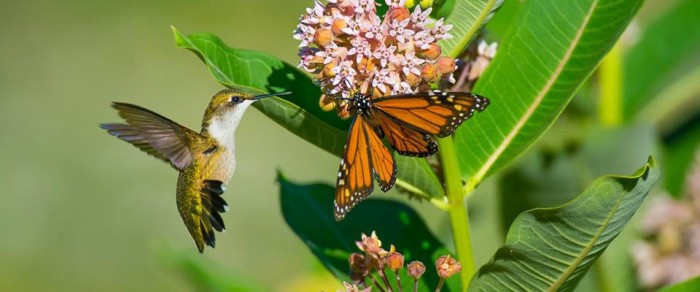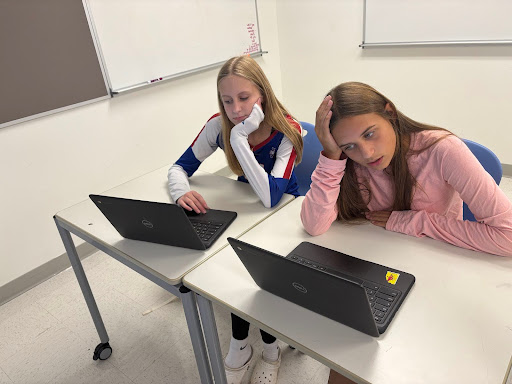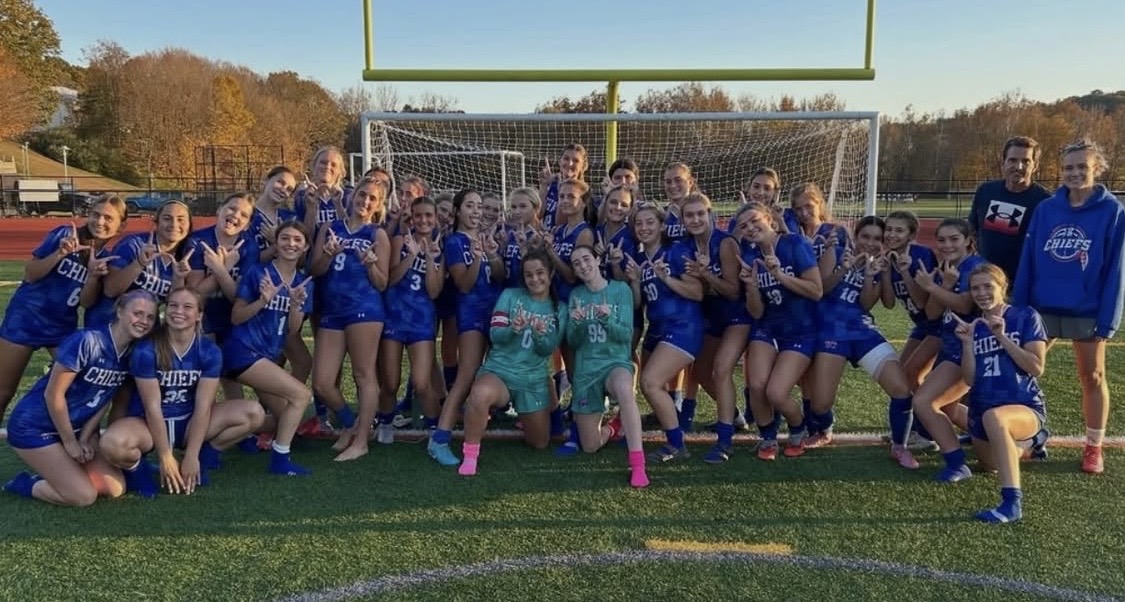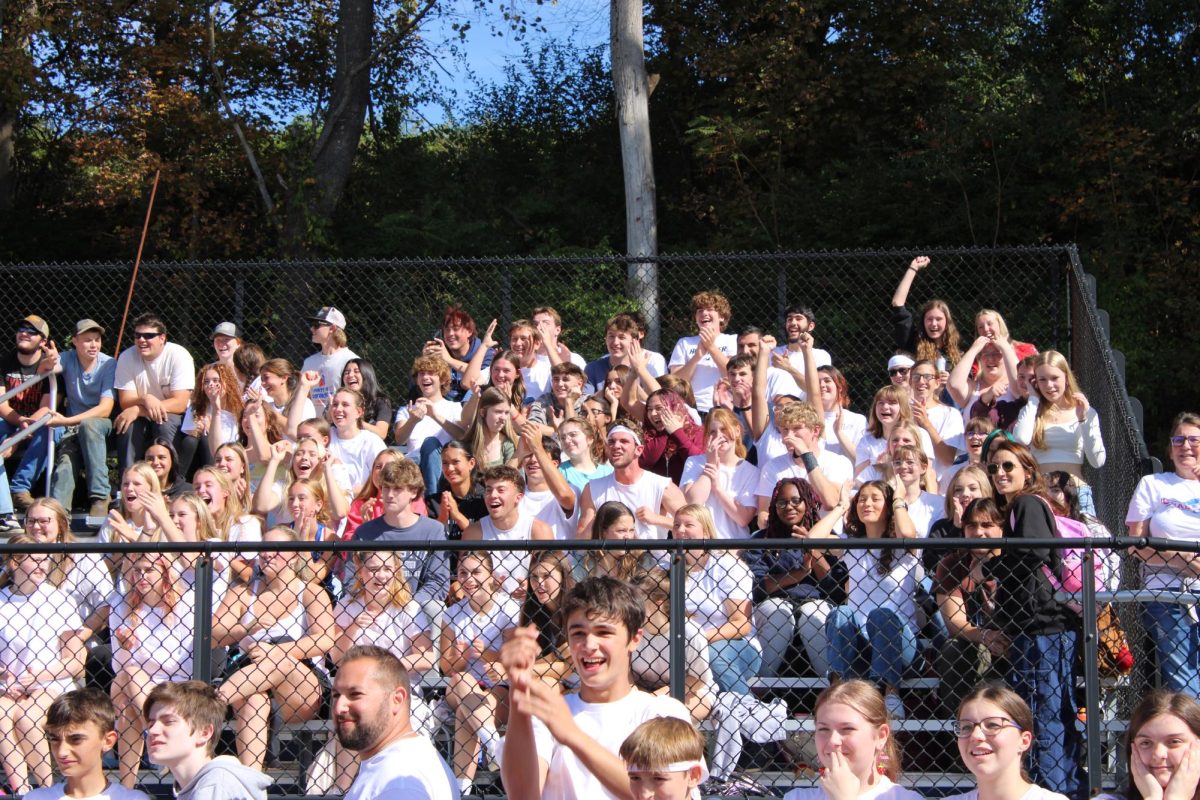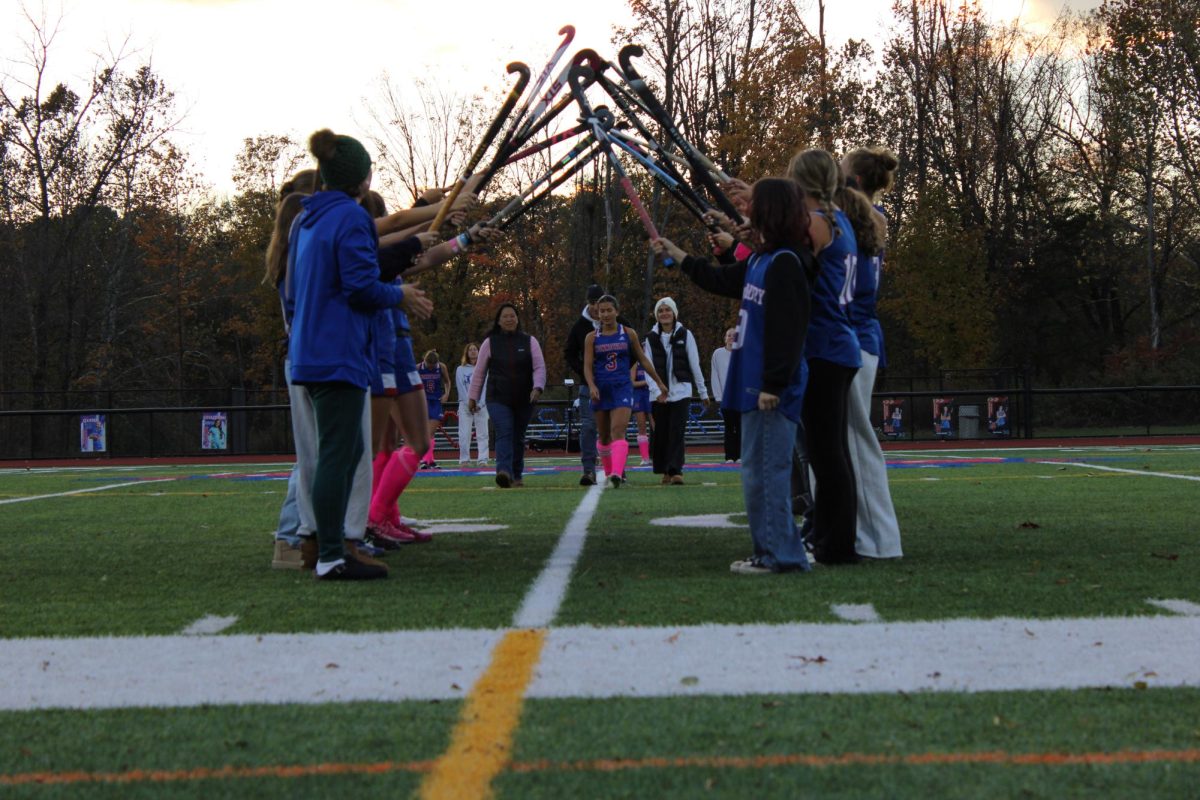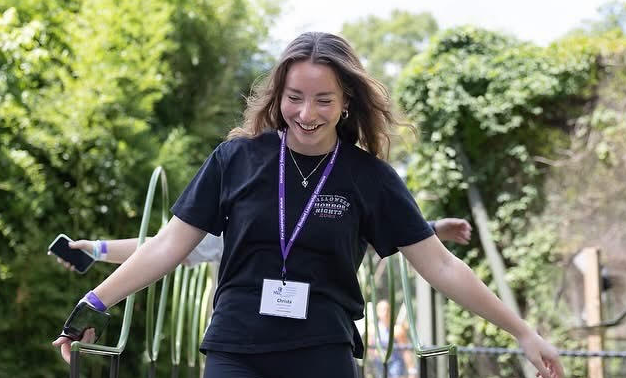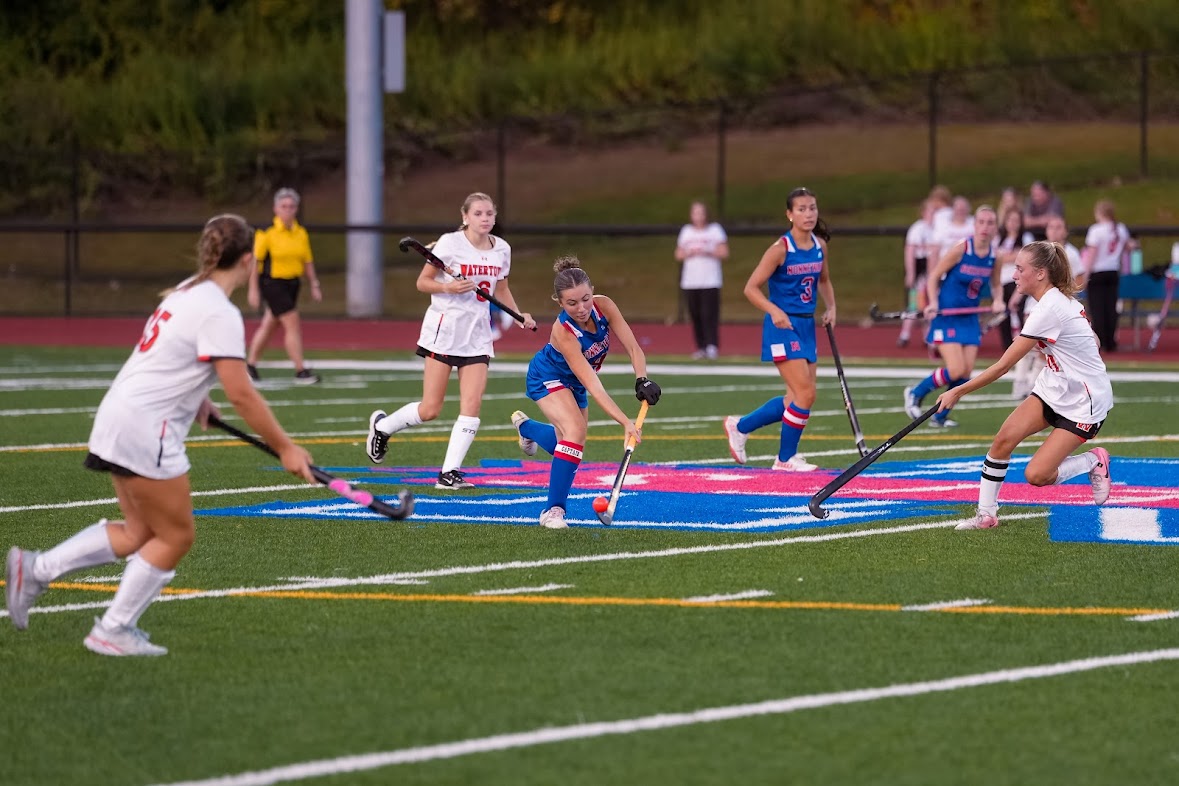‘No Mow May’ a Great Way to Help Pollinators
Photo Credit: Piedmont Environmental Alliance
Participating in No Mow May is a great way to help pollinators, but precautions need to be taken to prevent problems such as an increase in ticks found in the lawn.
June 10, 2022
WOODBURY — With the weather getting warmer, New England is buzzing with excitement for the upcoming summer months. Pollinators, often overlooked, are essential to ensuring that summer is as sweet as honey. Bees and other pollinators are important to the world, being a top contributor to its food supply.
As important as they are, several species of bees are endangered. It’s un-bee-lievable that something so important could be endangered. The low populations can be attributed to “parasites and diseases, pesticide use, destruction of habitat and most importantly the construction of monoculture vegetative environments,” explains Ed Belinsky, Nonnewaug’s natural resources teacher.
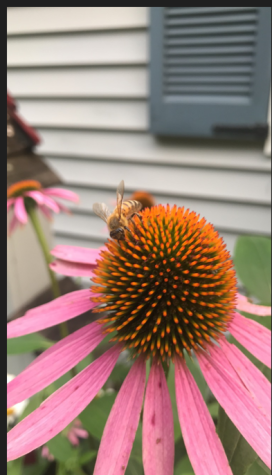
“’No Mow May’ allows many spring wildflowers to bloom such as asters, dandelions, and clover that provide vital early food sources for bees, beetles, butterflies and flies. Therefore, it allows them to survive in larger numbers so they can pollinate the rest of the plants throughout the summer and fall,” Belinsky added.
While No Mow May helps the bee and pollinator populations, it can pose some problems to lawns. Scott Parkhouse, a history teacher at Nonnewaug, also does landscaping outside of school. He explains that there are downsides to participating in No Mow May.
“When it is time to mow at the end of the month it will end up being an added cost to the customer to get their lawn looking like a lawn and not a hayfield,” Parkhouse said. “It is tough on lawn equipment, since even commercial mowers are not built for cutting grass that tall. You also need to watch out for ticks, which could be more of a problem when people walk through tall grass.”
In order to participate in a future No Mow May without stinging your lawn, it would be best “to set aside only part of a lawn for No Mow May; also planting and maintaining gardens with a lot of flowering plants that attract pollinators [helps],” according to Parkhouse.
Participating in No Mow May is a great way to help pollinators, who are important to our world and its food production. It’s a great way to bee the change and can be done without causing problems to your lawn.



